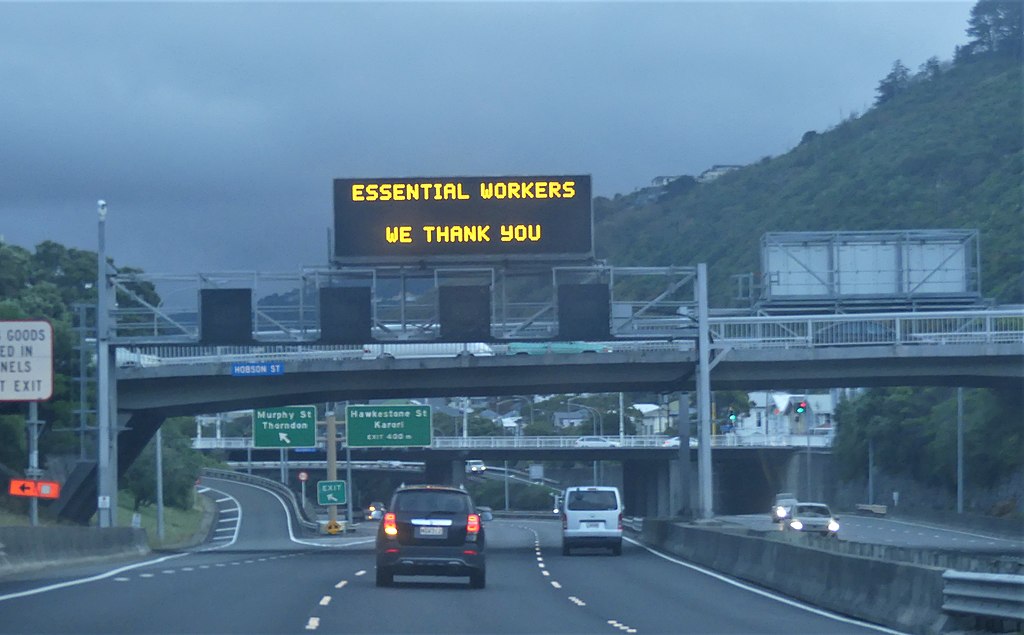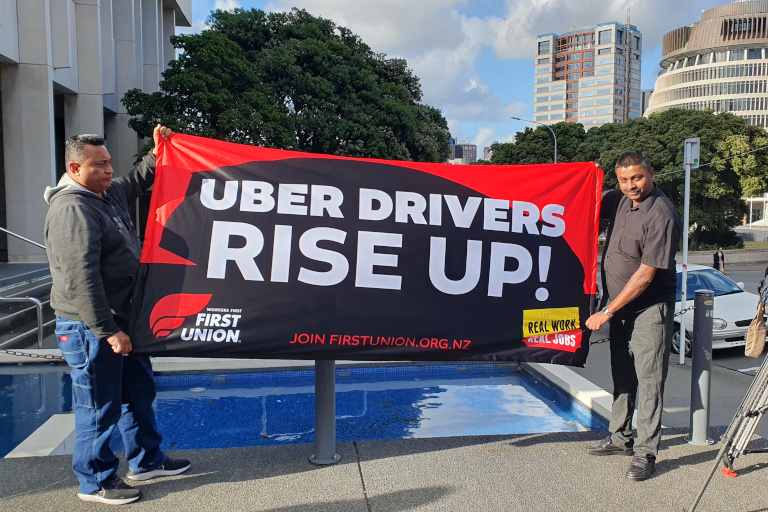“What we need is an outright ban on foreigners owning land or houses in New Zealand.”
“This 3rd great [Chinese] colonisation could finally be a bridge building event between Pakeha and Maori.”
You’d be forgiven if you thought these quotes are from a National Front website. Building a bridge for a coming race war? Foreigners out? New Zealand for the New Zealanders? This has the same tone and paranoia of the Yellow Peril rhetoric that comes out of the racist Right.
These quotes are actually from veteran activist John Minto and union-funded blogger Martyn Bradbury. Far from attacking Labour’s race-baiting of Chinese foreigners based on shonky statistics, they’re both in agreement with this anti-Chinese, anti-foreigner rhetoric.
This is at a time when even within Labour’s own ranks activists (like former staffer Phil Quinn) are dissenting for Labour’s racial profiling. When there has been eloquently savage attacks on Labour’s appalling use of “statistics” to racially profile “names that sound Chinese” from journalist Keith Ng, author Tze Ming Mok, and others. Regardless, Minto and Bradbury have shown themselves up to stand to the racist right on this issue.
Controversies like this one show us where people stand. Are you for internationalist solidarity – trying to link workers of all ethnicities and backgrounds, or are you for stoking up division in the working class, appealing to workers to identify with their own rulers?
It’s no surprise that Chris Trotter – Fairfax’s token voice ‘on the left’ – should be cheering on Labour’s racist move, claiming New Zealand is the ‘supplicant’ of China. And Minto has form on little-New Zealand nationalism too; during the election last year he used a televised debate to blame the housing crisis on ‘busloads of Australian women’ and contrasted foreigners to ‘decent New Zealanders’!
We have two responses to this nationalism. The first is to reject it with scorn as giving comfort to racists and anti-Asian bigots. We stand for solidarity in the working class. The inspiring fight of (mainly Indian)EPMU members at 2 Cheap Autos walking off the job after facing racist abuse from their boss should be our model. To the extent that rhetoric like Minto’s and Bradbury’s gets a hearing as ‘common sense’ on the Left, it is harder to build this kind of solidarity. We say to workers with ‘Chinese sounding names’ – we want to unite with you against those who would scapegoat you.
Our second response is to re-state what should be the bleeding obvious. This housing crisis isn’t about a new colonization (and anyone who entertains that absurd idea should read of the horrors Māori endured in the Waikato, Taranaki and elsewhere in the nineteenth century and get a grip of themselves). It isn’t about busloads of Australian women. It isn’t about people with non-Anglo last names. It’s about class and capitalism. The state isn’t building enough houses. Private investors, real estate agents, spec builders and all the rest currently make more money catering to the rich than they do to the poor. That’s what a private market involves. Our enemies are speculators, profiteers, business people of any and all nationalities and generation, not so-called foreigners.
So let’s go after the real culprits – the landlords, multiple-property owners, ‘developers’, slumlords and all the other capitalist parasites making a killing off Auckland’s housing crisis. To do that, however, we’re going to need class unity. Rhetoric like Minto’s and Bradbury’s is a barrier to that unity.









